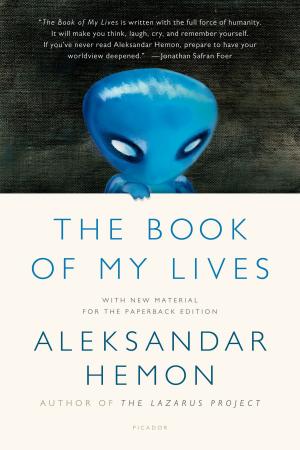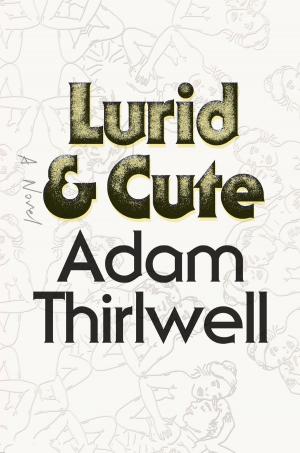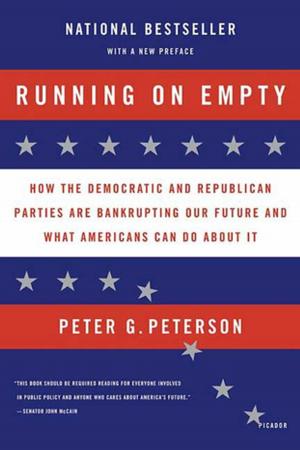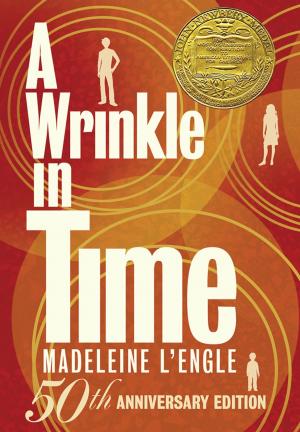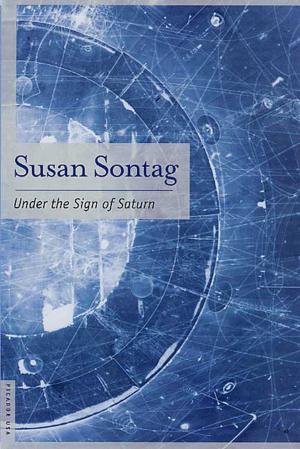| Author: | Adam Thirlwell | ISBN: | 9781429932356 |
| Publisher: | Farrar, Straus and Giroux | Publication: | March 30, 2010 |
| Imprint: | Farrar, Straus and Giroux | Language: | English |
| Author: | Adam Thirlwell |
| ISBN: | 9781429932356 |
| Publisher: | Farrar, Straus and Giroux |
| Publication: | March 30, 2010 |
| Imprint: | Farrar, Straus and Giroux |
| Language: | English |
Haffner is charming, morally suspect, vain, obsessed by the libertine emperors. He is British and Jewish and a widower. But Haffner's attachments to his nation, his race, his marriage, have always been matters of conjecture. They have always been subjects of debate.
There are many stories of Haffner—but this, the most secret, is the greatest of them all. The Escape opens in a spa town snug in the unfashionable eastern Alps, where Haffner has come to claim his wife's inheritance: a villa expropriated in darker times. After weeks of ignoring his task in order to conduct two affairs—one with a capricious young yoga instructor, the other with a hungrily passionate married woman—he discovers gradually that he wants this villa, very much. Squabbling with bureaucrats and their shadows means a fight, and Haffner wants anything he has to fight for.
How can you ever escape your past, your family, your history? That is the problem of Haffner's story in The Escape. That has always been the problem of Haffner—and his lifetime of metamorphoses and disappearances. How might Haffner ever become unattached?
Through the improvised digressions of his comic couplings and uncouplings emerge the stories of Haffner's century: the chaos of World War II , the heyday of jazz, the postwar diaspora, the uncertain triumph of capitalism, and the inescapability of memory.
The Escape is a swift, sad farce of sexual mayhem by a brilliant young novelist The New York Times has called "a prodigy and, as such, unstoppable."
Haffner is charming, morally suspect, vain, obsessed by the libertine emperors. He is British and Jewish and a widower. But Haffner's attachments to his nation, his race, his marriage, have always been matters of conjecture. They have always been subjects of debate.
There are many stories of Haffner—but this, the most secret, is the greatest of them all. The Escape opens in a spa town snug in the unfashionable eastern Alps, where Haffner has come to claim his wife's inheritance: a villa expropriated in darker times. After weeks of ignoring his task in order to conduct two affairs—one with a capricious young yoga instructor, the other with a hungrily passionate married woman—he discovers gradually that he wants this villa, very much. Squabbling with bureaucrats and their shadows means a fight, and Haffner wants anything he has to fight for.
How can you ever escape your past, your family, your history? That is the problem of Haffner's story in The Escape. That has always been the problem of Haffner—and his lifetime of metamorphoses and disappearances. How might Haffner ever become unattached?
Through the improvised digressions of his comic couplings and uncouplings emerge the stories of Haffner's century: the chaos of World War II , the heyday of jazz, the postwar diaspora, the uncertain triumph of capitalism, and the inescapability of memory.
The Escape is a swift, sad farce of sexual mayhem by a brilliant young novelist The New York Times has called "a prodigy and, as such, unstoppable."

